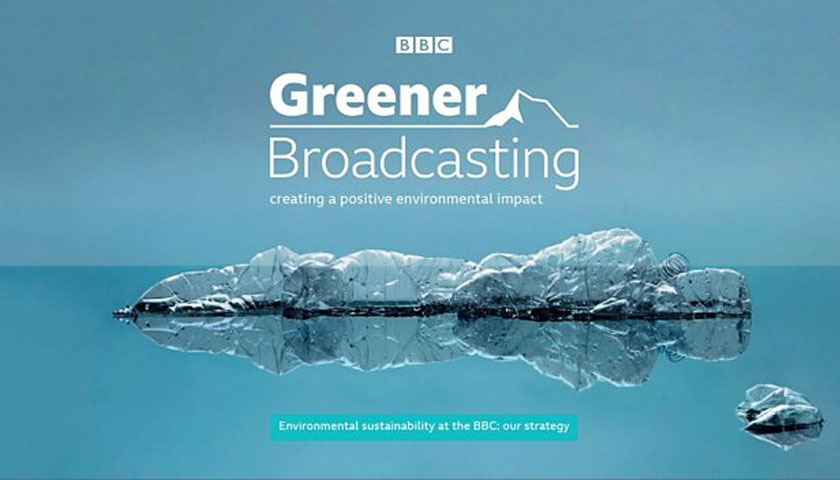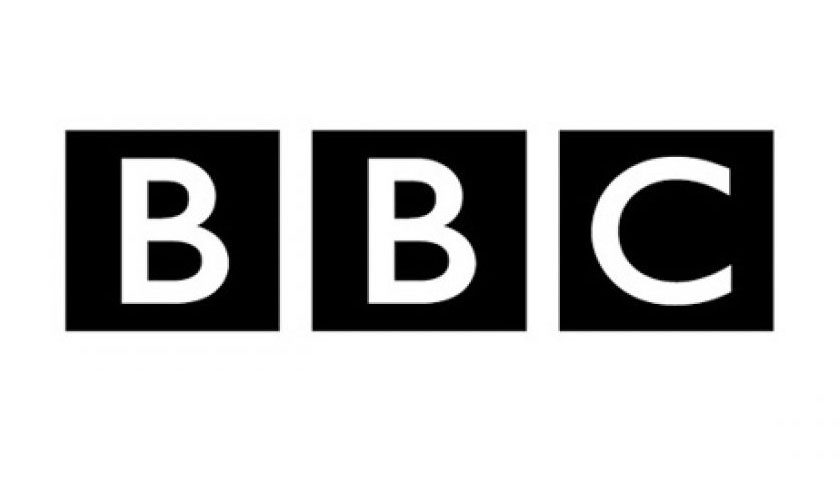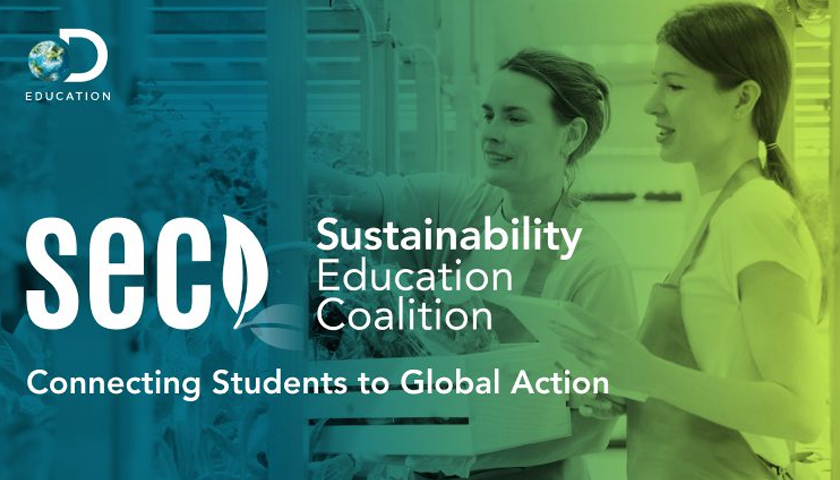The BBC has cut out more than half a million items of single-use plastic cutlery since April 2018; is piloting one of the world’s first electric broadcast vehicles as part of a drive to be more environmentally-friendly; and is now purchasing renewable electricity for all major sites.
The BBC is today publishing a new sustainability strategy, Greener Broadcasting, which sets out the corporation’s ongoing commitment to environmental sustainability throughout the current charter period. The strategy concentrates on three areas where the BBC can add value, in:
- Helping audiences understand the contribution they can make
- Sustainable broadcasting
- Sustainable operations
The BBC has already demonstrated real progress across all three areas with a variety of initiatives, some of which have been inspired by the overwhelming response to Blue Planet II.
Audiences
The strategy acknowledges for the first time the work the BBC will do to ensure audiences understand and trust the BBC’s contribution to a sustainable world and are informed and inspired about the contribution they can make as individuals.
Plastics Watch, which launched in June as part of a pan-BBC initiative looking at the changes happening across the UK and the wider world in tackling plastic pollution, is having a positive impact amongst audiences already with a range of programming and digital content.
The launch video has been seen by 11 million viewers, with 90,000 engagements (likes, comments or shares). One third of those who had seen the content claimed to have learnt something new as a result of watching and a third said it changed how they felt, whilst just over a quarter said they did something new and the same proportion said they changed their behaviour as a result of watching (BBC Pulse Survey, July 2018). The initiative will be broadening its scope next year to encompass other environmental issues.
Sustainable broadcasting
The strategy also commits the BBC to continue its work sharing and collaborating with, and contributing to a more sustainable broadcasting industry by investing in sustainable broadcast technology and delivery, sustainable production and a sustainable supply chain.
BBC News is currently piloting one of the world’s first electric broadcast vehicles being used by the newsgathering operations team for simple live outside broadcasts in London, such as from court cases. If the pilot is successful, the aim would be to look at this technology when larger broadcast vehicles need replacing in the future.
Strictly Come Dancing is now 90% single-use plastic free, only retaining a small amount of bottled water for healthy and safety purposes. This series they have also been using 100% biodegradable liquid glitter in the theme weeks and biodegradable makeup wipes for the first time.
The BBC is a founding member of the Bafta albert Consortium. Over 200 BBC programmes from Strictly and Countryfile, to Blue Peter, the Proms and the World Cup have carried the ‘albert’ logo on screen, meaning they have taken measurable action to reduce their environmental impact; and more than 2,000 productions have used a production carbon calculator originally created by the BBC, and gifted to Bafta, in order to quantify their emissions.
Sustainable operations
Lastly, to put sustainability at the heart of how it operates the BBC will ensure that its staff are informed and engaged through training and internal initiatives, and work in low-carbon, efficient environments, using minimum resources and travelling only when necessary.
The pledge in March this year to remove single-use plastic from our operations by the end of 2020 has so far resulted in the BBC’s catering contractor replacing all single-use plastic cutlery and food take away containers within BBC restaurants. This is a reduction of more than half a million items of cutlery (knives, forks, spoons) between April and November 2018. All plastic cups will have also been removed by the end of the year. The MediaCityUK campus in Salford has lead the way in this area having replaced all products within the restaurant containing single-use plastic as well as introducing schemes for waste food collection and coffee cup recycling.
The BBC’s property strategy is also playing a significant part in contributing to its sustainability agenda, including the closure of Television Centre in 2013. As a result the BBC has seen a reduction of carbon emissions from its buildings and technology by over 180,000 tonnes between 2008 and 2017. Renewable electricity is now purchased for all the BBC’s major sites, substantially reducing the BBC’s carbon emissions.
Targets have been set for 2022 include reducing carbon emissions by 24%, energy by 10%, and waste by 10% whilst recycling 75% and achieving zero waste to landfill, as well as committing to buy 100% renewable electricity for all major sites.
Tony Hall, BBC Director-General, says: “Blue Planet II and our new Plastics Watch initiative shows that, through our programmes and content, the BBC can be a force for social good. In time, we want our environmental impact to be positive too. We want, above all, to be a model for sustainable broadcasting.
“Our new sustainability strategy seeks to address our impact in three key areas: our operations; our role within the wider production and broadcasting industry; and our relationship with our audiences. The strategy acknowledges that our programmes and content can help inform our audiences about the changing world and the actions they can take to reduce their own environmental impact.
“We are confident that focusing our work in these areas will bring about a wide-ranging and coherent approach to environmental sustainability in all aspects of the BBC’s creative life. And, from this, additional benefits will follow: reducing energy consumption saves money which will enable us to spend more money on programmes and content.”



